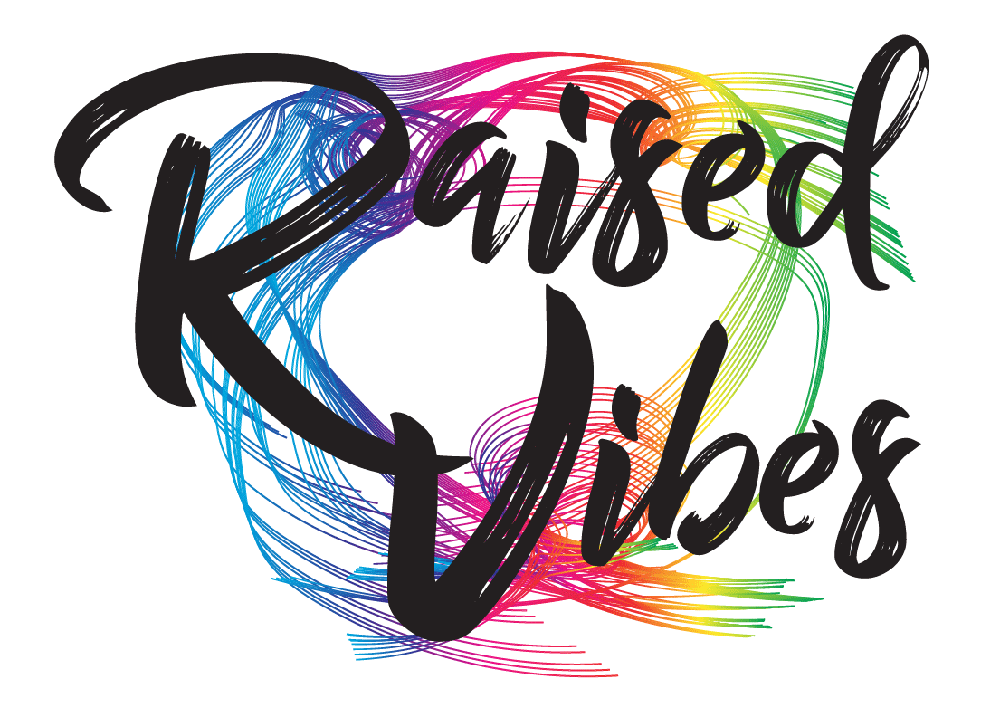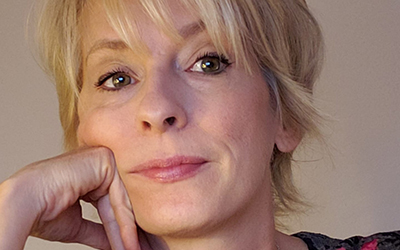Karma as a Teacher: Learning Through the Echoes of Our Actions

Ever notice how certain emotional themes keep showing up in your life - like you're dating the same person in different bodies, or hitting the same wall in different jobs or friendships? I’ve been there. For a long time, I attributed it to the energy I was attracting or my perceptions of other people. But eventually, I began to wonder: Was there a pattern I was missing? That’s when I began to understand karma - not as some cosmic punishment or reward system, but as a form of emotional education. Karma is a teacher. It doesn’t just give us back what we did; it invites us to feel what we’ve caused. To grow through that felt experience. To see ourselves, and others, more clearly.
The way karma is often portrayed - “what goes around comes around” - can feel too mechanical. It implies a kind of moral accounting system, where good is rewarded and bad is punished. But life rarely plays out that cleanly. Some people do harm and prosper. Others give their hearts and still end up broken. If karma were just about balancing scales, we’d all be keeping score. But what if karma is less about transactions and more about transformation? Not “You hurt me, so now you’ll be hurt,” but “Here is a chance to feel what that pain was like. Will you let it soften you? Will you understand more deeply now?”
Karma rarely mirrors actions directly, but it echoes feelings. If we invalidate someone’s pain, we may later find ourselves longing to be understood. If we act with coldness or distance, we might eventually feel a similar disconnection from others. And when we offer love or honesty with no strings attached, we may find kindness flowing back to us when we need it most. The form may differ, but the emotional imprint has a way of circling back. And in that return is the chance to recognize our impact, develop empathy, and choose differently next time.
The most profound karmic lessons often don’t arrive like a thunderbolt. They land quietly, through repeated patterns, relationships that trigger us, or emotions that don’t seem to “fit” the moment. That’s why self-awareness matters. When we slow down enough to reflect, to ask, Why does this feel familiar? or What might this be showing me about myself? - we open the door to healing. Tools like journaling, meditation, or simply honest conversations with ourselves help us attune to these echoes. We start to recognize where we’ve been emotionally asleep or where we’ve left someone else feeling what we now feel. And from there, we gain choice.
Karma isn’t out to get us, it’s out to wake us. To help us grow in our capacity to love, to understand, to act from awareness rather than habit. It’s not always easy. But it is sacred. Because when we truly feel what we’ve once caused, whether it’s pain or peace, we’re gifted a deeper understanding of how interconnected we really are. And that, more than any scorekeeping system, is the heart of transformation.


